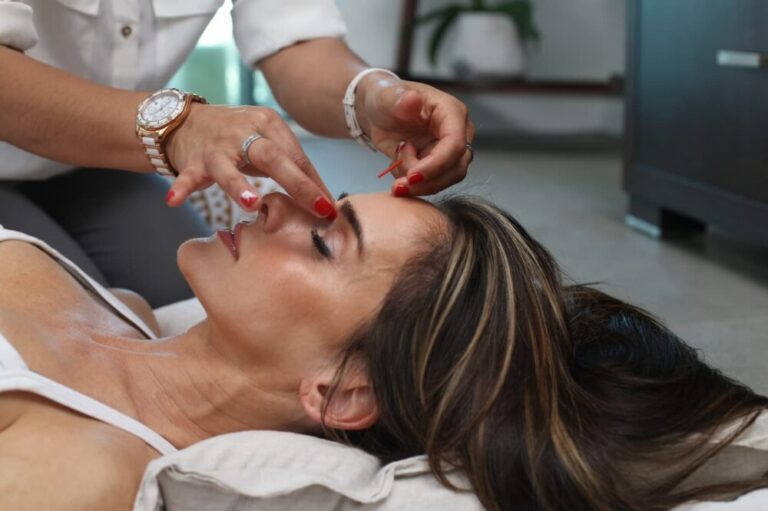Ethical Considerations in a Medical Spa
Medical spas, blending the luxury of a traditional spa with advanced medical treatments, have become increasingly popular in recent years. These establishments offer a range of cosmetic and wellness services, often administered by medical professionals or under their supervision. However, the intersection of medical procedures with spa-like environments raises unique ethical considerations that owners and practitioners must navigate carefully.
Patient Safety and Informed Consent
Central to the operation of any medical spa is the safety and well-being of its clients. Medical procedures, even those considered minimally invasive, carry inherent risks. Therefore, ensuring thorough informed consent is essential. Clients must be fully informed about the potential risks, benefits, and alternatives to any treatment they undergo. This includes disclosing any possible adverse outcomes and managing realistic expectations regarding results.
Professional Integrity and Scope of Practice
Medical spas operate at the intersection of medicine and wellness, necessitating clarity regarding the scope of practice for each professional involved. It is imperative that practitioners operate within the bounds of their training, license, and expertise. Deviating from one’s scope of practice not only poses risks to patients but also raises ethical concerns regarding professional integrity. Collaboration among different professionals within the spa, such as physicians, nurses, and estheticians, should be encouraged while respecting each individual’s competencies and limitations.
Conflicts of Interest
The profitability of a medical spa can sometimes create conflicts of interest between the financial interests of the business and the best interests of the patient. Practitioners must prioritize patient well-being above financial gain and refrain from recommending unnecessary treatments or upselling services. Transparent pricing structures and clear communication regarding treatment plans can help mitigate these conflicts and build trust with clients.
Patient Privacy and Confidentiality
Medical spas handle sensitive information about their clients’ health, cosmetic concerns, and personal details. Protecting patient privacy and confidentiality is paramount, requiring adherence to stringent data protection regulations and ethical guidelines. Implementing robust policies and procedures for data security, consent management, and patient confidentiality can safeguard client information and preserve trust in the spa’s integrity.
Ethical Marketing and Advertising
Marketing practices in the cosmetic industry, including medical spas, often promote unrealistic expectations and exploit insecurities to attract clients. Ethical marketing in a medical spa context requires honesty, transparency, and integrity. Avoiding misleading claims, using accurate before-and-after images, and providing educational content that emphasizes the limitations as well as the benefits of treatments can help ensure that marketing efforts align with ethical principles.
Operating a medical spa entails navigating complex ethical considerations that arise from the intersection of medical treatment and spa services. Prioritizing patient safety, informed consent, professional integrity, and privacy safeguards is essential for maintaining trust with clients and upholding ethical standards. By adhering to these principles, medical spas can fulfill their dual role of providing rejuvenating experiences while delivering safe and ethical care to their clients.
For expert advice on legal matters about your medspa business, consider scheduling a free discussion with Dike Law Group. You can do this at dorismeet.com.







